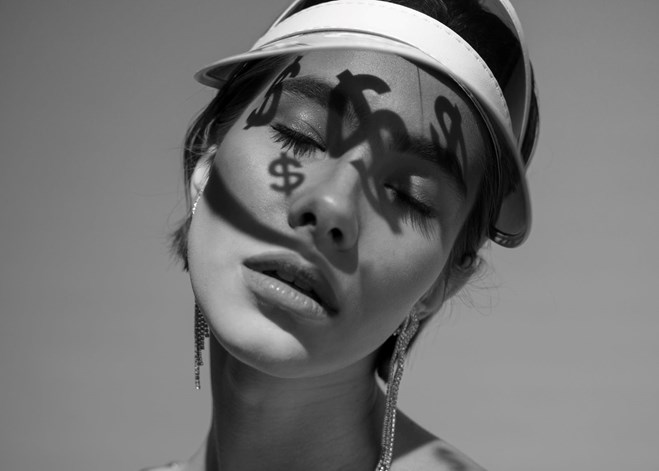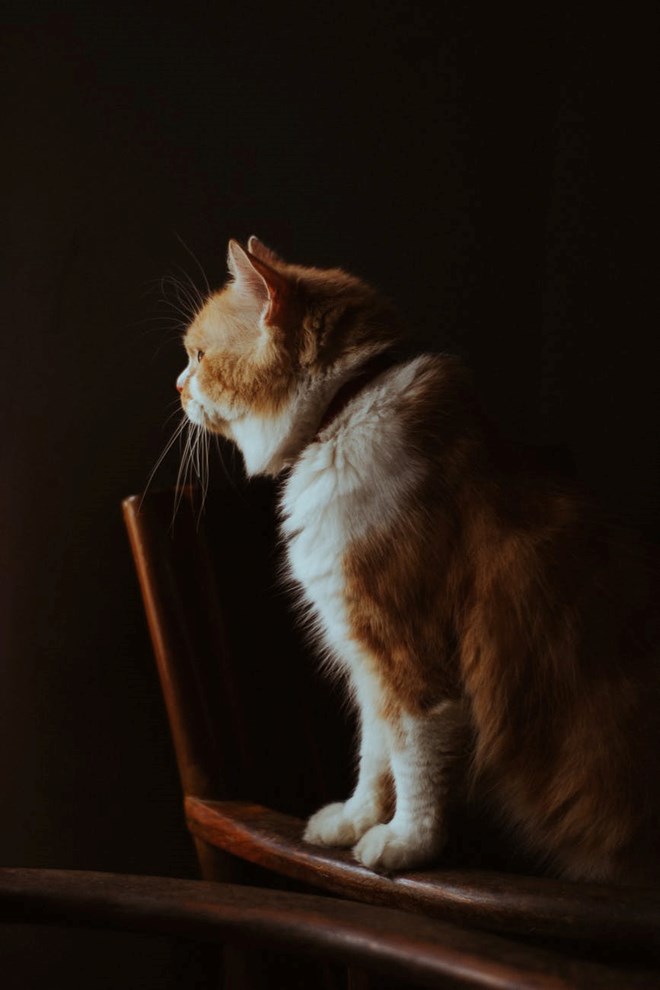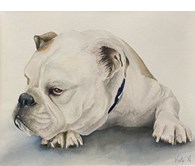Copyright Explained
What are the laws that affect us as Artists?
Copyright protects the artist’s right to reproduce the work (photocopying, copying by hand, filming, recording and scanning), to make the work public for the first time and communicate the work to the public (Social Media, email, broadcasting, cable or internet). You can read up on the Australian copyright laws on the Australian Copyright Council website. Each country has its own variations of the rules. In America for example you have to register copyright, for a fee of course.

Can we copy famous paintings and sell them?
Yes we can, provided the painting is in the public domain (the copyright has expired) or you change the dimensions of the work so that it cannot be sold as an original. Copying masters of art has been an age old tradition in honing your skills as an artist. If you credit the original artist and do not try to claim it as an original you should be safe to reproduce a painting. Check the copyright on the painting using Google (cross reference a few different sites) to make sure. https://www.artistsnetwork.com/art-business/copying-artwork/
What about photographs?
Many of us in the ASA use photographs as references for our paintings, sometimes reproducing the entire picture, and we have to remember that photography is an art form. As soon as the photographer takes the picture it is under copyright.
We can use the pictures to inform our paintings but if you want to do a straight copy of the photo you must check the copyright is free and commercially licensed which means the image can be used any way you like and sold. You can copy the colour combinations, feather patterns, light effects, sections of landscape and flora and fauna in a photo without copying the whole thing for free.

When an image is commercially licensed and royalty free means you can use it, reproduce it, sell it and change it for free, though it is good manners to credit the photographer. Royalty free photographs that can be wholly copied can be found on Pexel, Pixabay and Unsplash.
Or you can use your own because you own the copyright, or ask a friend for them. Many people use social media to ask for a photo they can use of particular things.
Is Copyright all I need to worry about?
There are so many legal ramifications to selling artwork online, especially if you are investigating merchandising your work. If you sell online through a merchandising platform or online gallery you may want to read the fine print on what you are licensing that third party for. Some of the platforms have clauses that let them use your art in their marketing without asking and in whatever way they want. Facebook does this for example. Once it is on their platform they have licence to reproduce your work for their own marketing. Reading the fine print for places where you share your work is important. Arts Law is a free non for profit organisation that can help you through different legal situations and give advice to artists. When you have doubts give them an email or a call.
For all you fans of Disney, Star Wars, Dr Who and other amazing moving pictures and comics remember those subjects and specific characters are all licensed to those franchises and you can’t legally sell them to people without applying for a license from them to do so. Fan art is a tricky subject. Check out the details in this handy website. There are ways you can get away with it.
Not sure I have covered everything but that should give you an idea of the messy visual world we live in. Good luck navigating this particular topic and if in doubt find out.


